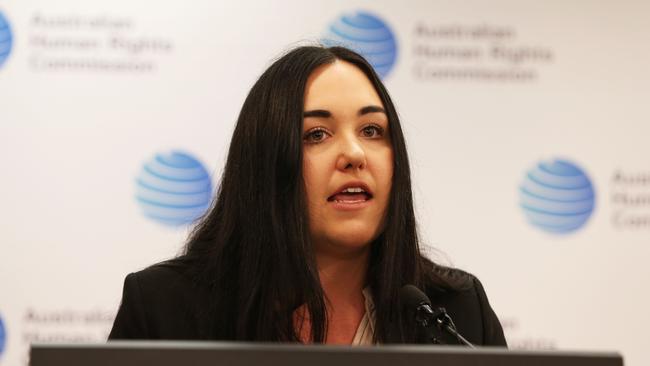University advertising spending ‘an excuse to cut funds’
Students and academics are concerned reports about high-spending universities are a ‘smokescreen’ to planned cuts.

Students and academics have questioned universities funnelling millions to advertising, promotions, and vice-chancellor salaries but are cautioning against allowing the spending to be used as a “smokescreen’’ for the largest planned cuts to the tertiary sector in two decades.
With the Turnbull government’s higher education reforms valued at $2.8 billion in budget savings scheduled for parliamentary debate tomorrow, National Union of Students president Sophie Johnston said “students have almost become the inconvenient side of universities’’.
“The government doesn’t want to fund our degree, but they’ll happily rein in the benefits to the economy. Universities see us as consumers to churn through and so put more money into luring us in than providing the highest quality education once we get there,’’ Ms Johnston said.
The Australian revealed universities had outlaid $300 million on campaigns, slogans and sponsorship last year while competing for domestic and international students, staff and research partners. The spending was $30m more than in 2015, a rise of 11 per cent, while the nation’s 38 public university vice-chancellors were paid an average salary package of $890,000 last year, with 11 earning more than $1m.
Universities Australia chief executive Belinda Robinson said the government was attempting to distract attention from the largest cuts to universities in two decades and universities spent less than 1 per cent of their budgets on all marketing activities.
Group of Eight chief executive Vicki Thomson said the sector “was not asking for more funds, but pleading on behalf of their students not to have funds cut yet again whilst paying more themselves’’.
“Put simply, the government is cutting their contribution to an individual student place by 10 per cent. They are then asking the students to cover 7.5 per cent of that shortfall and leaving 2.5 per cent for universities to find,’’ she said.
The government is struggling to lock in the support it needs to pass its changes.
Education Minister Simon Birmingham said there was “absolutely capability for universities to make productivity and efficiency gains’’ and “universities should always be mindful that the majority of their funding comes from the taxes of hardworking Australians and they should treat every dollar with the respect public funding deserves’’.
But National Tertiary Education Union national president Jeannie Rea said the government had been keen to find a case to argue universities were spending money unwisely as part of its “rivers of gold’’ allegation.
“They did pick on the marketing budget and, of course, the vice-chancellors’ remuneration, two areas of which we have been highly critical,’’ she said.
But the NTEU argues that the government’s attacks on advertising and VC salaries shouldn’t be used as a “smokescreen for the substantive size of the cuts’’ the government is proposing as part of its higher education reforms.
Dr Rea said while the Coalition was employing this tactic to distract attention from the scale of their cuts, “it doesn’t mean there are not issues about the universities’ advertising spend, not so much just on the amount of money involved but also what they’re advertising’’.


